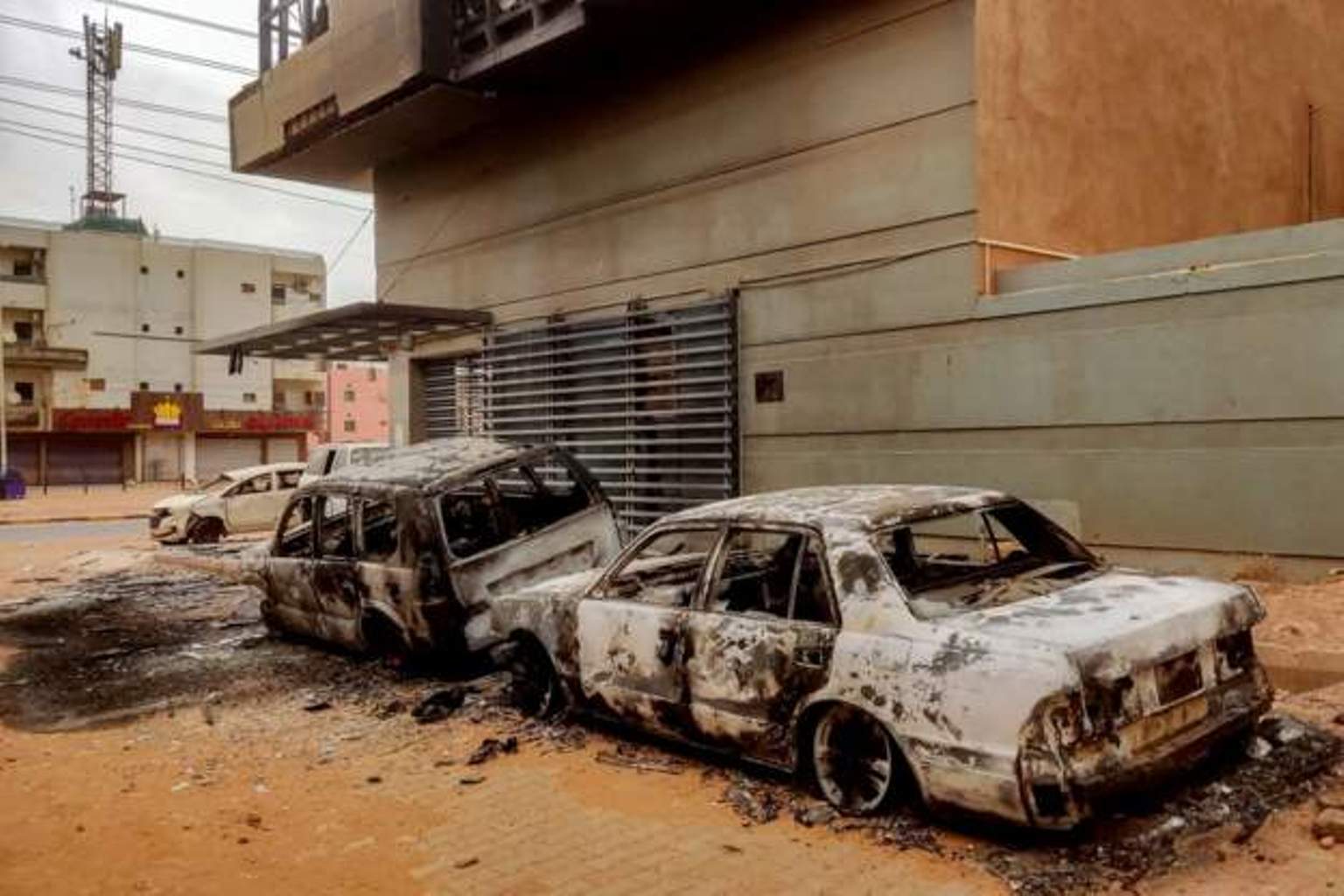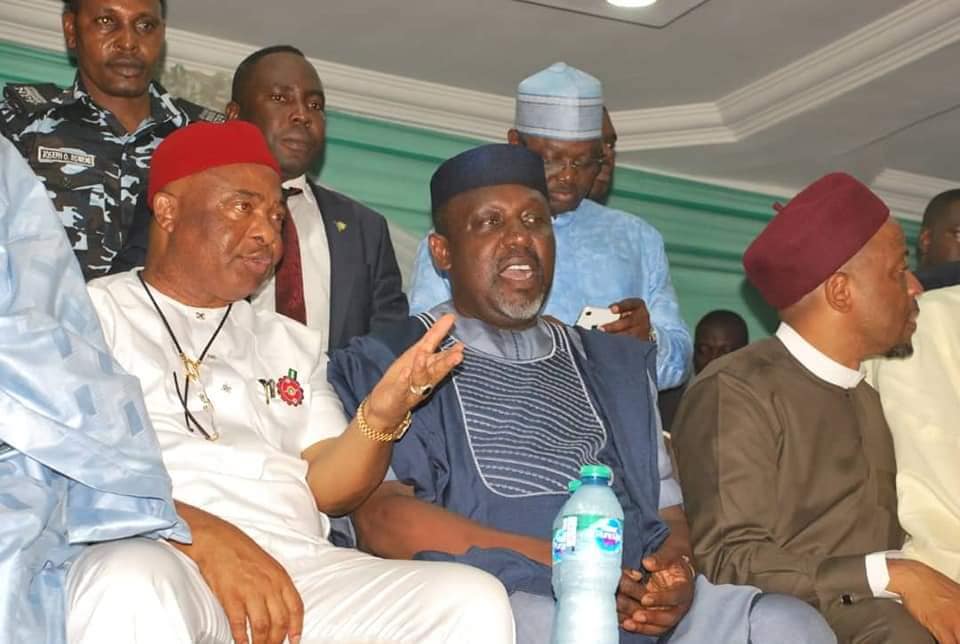Former Sudanese Finance Minister Ibrahim Elbadawi estimates that the seven-week conflict in his country has cost the economy at least $3.4bn (£2.7bn).
“This high-intensity violence… destroys supply chains. It destroys the economy of the capital,” he told the BBC’s Focus on Africa programme. He fears things could get worse.
“This could spiral into a large-scale violence. Civil war. That could splinter the country because unfortunately that is usually what happens in an ethnically divided society,” he said.
With Sudan’s army suspending participation in the Jeddah ceasefire talks, Mr Elbadawi is very concerned about his motherland that was once touted as a beacon of hope in the region.
“Sudan was held in very optimistic perspective back in 1953… Unfortunately, Sudan has turned out as a country defined by conflicts, failed development and dysfunctional governments. In Sudan, we failed to manage social diversity,” he said.
The former World Bank economist argues that once peace is restored, then the pursuit of justice should quickly follow.
“It is important to investigate the reason why this conflict started to begin with. There are people spoiling for a conflict and there should be sanctions on this group,” he added.





